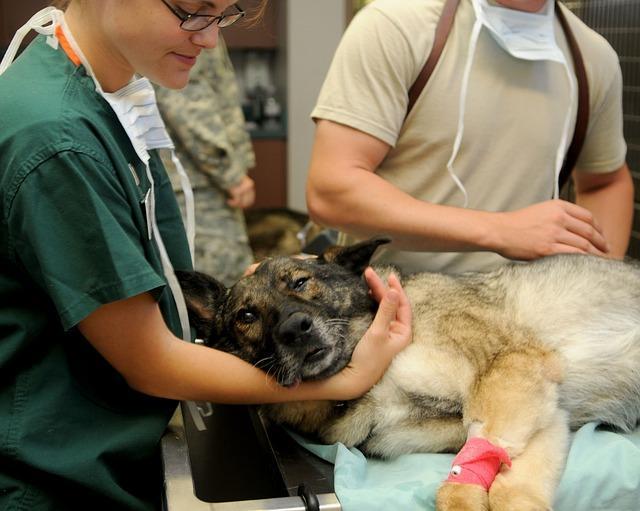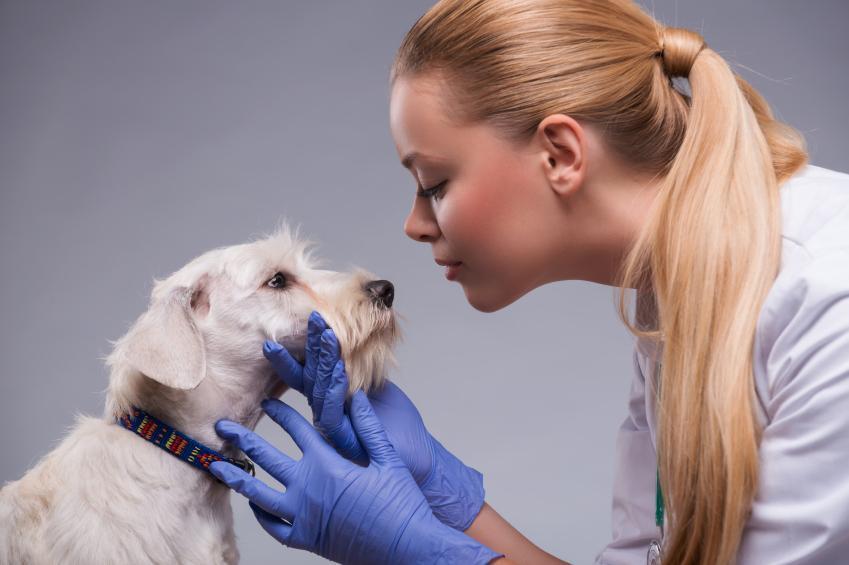Peritonitis in Dogs: Symptoms and Treatment



See files for Dogs
Peritonitis in dogs is a disease that can become very serious, depending on the cause. For this reason, it has a difficult prognosis; its evolution and outcome are very hard to predict.
For this same reason, in this AnimalWised article we want to explain a little more about this disease, its symptoms and its treatment, so you can understand how it manifests and how it can be treated by a veterinarian. Keep reading and learn all about peritonitis in dogs.
What is peritonitis in dogs?
The peritoneum is a membrane that lines the internal side of the abdominal cavity and the abdominal viscera. Its main function is to protect and to absorb liquids which should not be present in this anatomical area.
When we speak of peritonitis, then, we are referring to an inflammation of this membrane, which can be generalized or localized. Of course, the latter has a better prognosis.
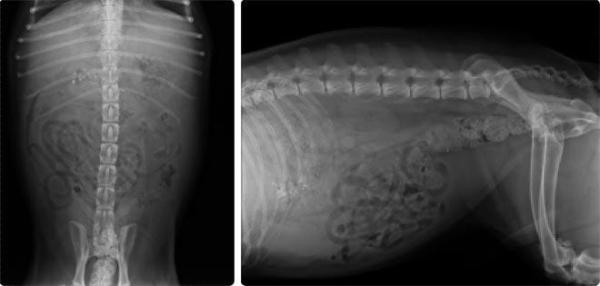
What are the causes of peritonitis?
There are several factors that may cause peritonitis to develop in your dog, but the most common cause is infection due to a perforation of the gastrointestinal tract - including the stomach, esophagus, intestine or gallbladder. This perforation can happen due to ingesting something sharp or during surgery, or due to a blow.
Other causes of peritonitis may be:
- Cancer
- Gallstones
- Pancreatitis (inflammation of the pancreas)
- Stenosis (narrowing of the ducts of the gallbladder)
- Bacteria
- Trauma to the abdomen
- Other body fluids entering the peritoneum

Symptoms of peritonitis in dogs
The possible symptoms experienced by a dog before a state of peritonitis are numerous, and not all of them manifest all the time. In fact, just a couple of these symptoms may be a sign of peritonitis, so it's important to be observant.
The most common symptoms of peritonitis in dogs are:
If you notice these symptoms you should take your dog to the vet immediately. For a full diagnosis of peritonitis, the veterinarian will perform other diagnostic tests as well as a full scan or ultrasound to confirm that there is indeed an inflammation of the peritoneum.
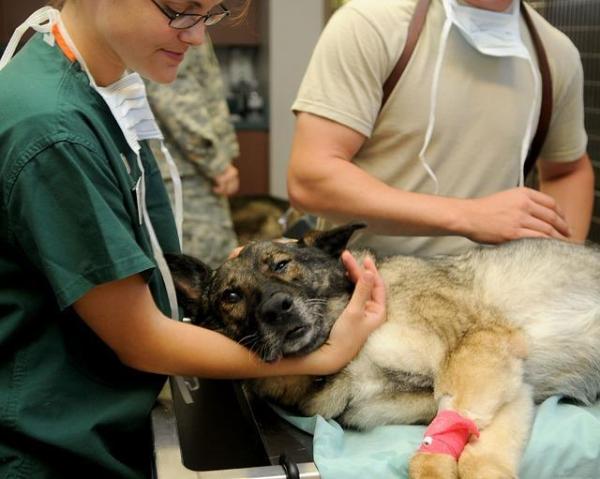
How is peritonitis in dogs diagnosed?
It is very important to go to the vet immediately as soon as you suspect that your dog may suffer peritonitis.
The expert will carry out a thorough physical examination based on these symptoms and may be able to explain the cause. The process for a complete diagnosis includes standard examination, a biochemical profile, a complete blood count and urinalysis.
In the biochemical profile, hepatic enzyme levels will appear high, and there will be bile in the urine. A radiography and an ultrasound scan will allow the visualization of the liver and of the bile leakage. All these tests together will make sure whether your pet has peritonitis or not.

Treatment of peritonitis in dogs
The treatment will depend on the type and severity of the peritonitis. Generally, there are three basic guidelines in its treatment:
- Stabilize the physiological values of the dog
- Treat the infection
- Locate and correct the cause
Surgery may be necessary in some cases, such as when there is an accumulation of liquid and abdominal drainage is required. As mentioned, the prognosis of peritonitis varies from animal to animal, and will also depend on the cause.
Whatever the case, good veterinary care and attentive home care will help your dog overcome this disease.
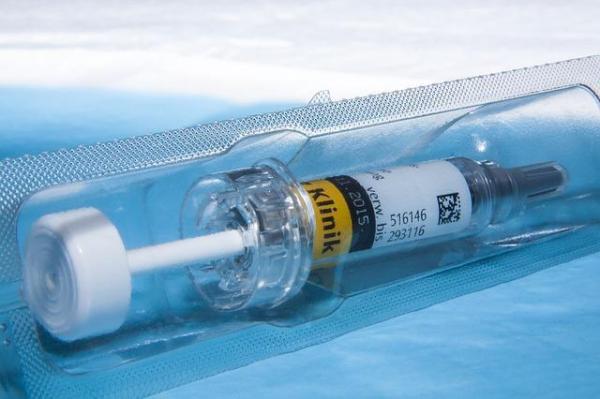
How to prevent peritonitis in dogs
There is little that can be done to prevent peritonitis, except for watching closely that your dog does not eat any sharp objects. Regular visits to the vet can help detect it before your dog's health has time to deteriorate.
Like in any other disease, the sooner it is detected, the sooner it can be treated, and the sooner your pet can recover.
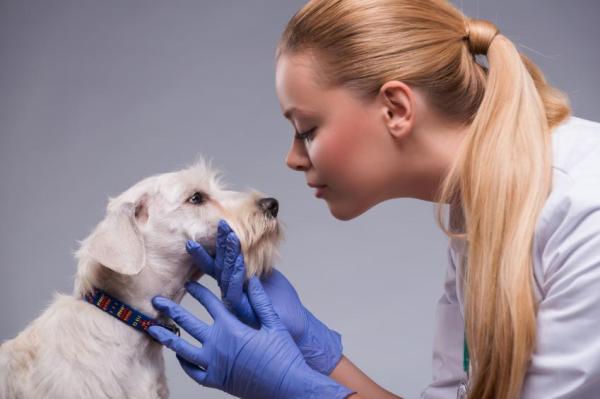
This article is purely informative. AnimalWised does not have the authority to prescribe any veterinary treatment or create a diagnosis. We invite you to take your pet to the veterinarian if they are suffering from any condition or pain.
If you want to read similar articles to Peritonitis in Dogs: Symptoms and Treatment, we recommend you visit our Bacterial diseases category.

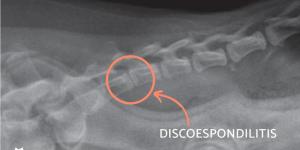




 we are in Despair our 7yr 10mth German Shepherd bitch survived Bloat in February 2020 ( 4 months ago ) after an emergency operation and carefully caring for and dividing up her meals into three times a day from twice a day, when advised by the vet we introduced gently walking exercise then at the beginning of April we let her of the lead for short gentle canters around the local recreation park, Indie was doing very well and eating her food up, her coat was gleaming and she was very alert, her eyes where bright and she was wanting to play, that is until the 22nd June 2020 when after returning from a gentle one lap off lead run around the recreation field with her Plastic Kong bone ( we stopped allowing her sticks a long time ago ) Indie suddenly started to become unwell her stomach started to swell up again and she was in a great deal of pain, we thought it was another attack of Bloat and we rushed Indie to the vets, we where there within 30 minutes of her stomach starting to swell. after the vet had taken Indie in to give her pain relief etc the vet came out to she us to explain that indie was in a very bad way and she needed immediate immediate examination and treatment, the vet advised us to go home and she would call when she knew the full extent of indies problems, when the vet called she informed us thatIndie's stomach had somehow perforated, The Lining around the stomach ( the peritoneum ) had split allowing part of the stomach through the split, It eventually filled with fluid/food and ruptured filling the Abdominal cavity with bile & debris from the stomach, because of this happening the tear in the Lining had become infected causing Peritonitis, it was decided by us after discussing it with the vet and due to Indies condition it would not be fair to put her through a very major operation causing her more suffering and which she would probably not survive, On our say so Indie was put to sleep, we are heart broken and we cannot understand how it happened. Indie was not feed at least 2hrs before exercise and at least 1hr 30mins after exercise. we just cannot understand how it happened. she did have a small sausage type dog treat the day before it happened and I keep blaming myself for giving it to her incase that had caused the problem. she was also on Simpsons Dry Dog food. It all happened so quickly and so soon after the Bloat operation in February. Please try and give an answer to why as we are at our wits end. the attached image was taken the morning it happened, one minute Indie is having a gentle trot in the park and within 1hr30mins she is being rushed to the vets, this is the last image I took of Indie.
we are in Despair our 7yr 10mth German Shepherd bitch survived Bloat in February 2020 ( 4 months ago ) after an emergency operation and carefully caring for and dividing up her meals into three times a day from twice a day, when advised by the vet we introduced gently walking exercise then at the beginning of April we let her of the lead for short gentle canters around the local recreation park, Indie was doing very well and eating her food up, her coat was gleaming and she was very alert, her eyes where bright and she was wanting to play, that is until the 22nd June 2020 when after returning from a gentle one lap off lead run around the recreation field with her Plastic Kong bone ( we stopped allowing her sticks a long time ago ) Indie suddenly started to become unwell her stomach started to swell up again and she was in a great deal of pain, we thought it was another attack of Bloat and we rushed Indie to the vets, we where there within 30 minutes of her stomach starting to swell. after the vet had taken Indie in to give her pain relief etc the vet came out to she us to explain that indie was in a very bad way and she needed immediate immediate examination and treatment, the vet advised us to go home and she would call when she knew the full extent of indies problems, when the vet called she informed us thatIndie's stomach had somehow perforated, The Lining around the stomach ( the peritoneum ) had split allowing part of the stomach through the split, It eventually filled with fluid/food and ruptured filling the Abdominal cavity with bile & debris from the stomach, because of this happening the tear in the Lining had become infected causing Peritonitis, it was decided by us after discussing it with the vet and due to Indies condition it would not be fair to put her through a very major operation causing her more suffering and which she would probably not survive, On our say so Indie was put to sleep, we are heart broken and we cannot understand how it happened. Indie was not feed at least 2hrs before exercise and at least 1hr 30mins after exercise. we just cannot understand how it happened. she did have a small sausage type dog treat the day before it happened and I keep blaming myself for giving it to her incase that had caused the problem. she was also on Simpsons Dry Dog food. It all happened so quickly and so soon after the Bloat operation in February. Please try and give an answer to why as we are at our wits end. the attached image was taken the morning it happened, one minute Indie is having a gentle trot in the park and within 1hr30mins she is being rushed to the vets, this is the last image I took of Indie.



